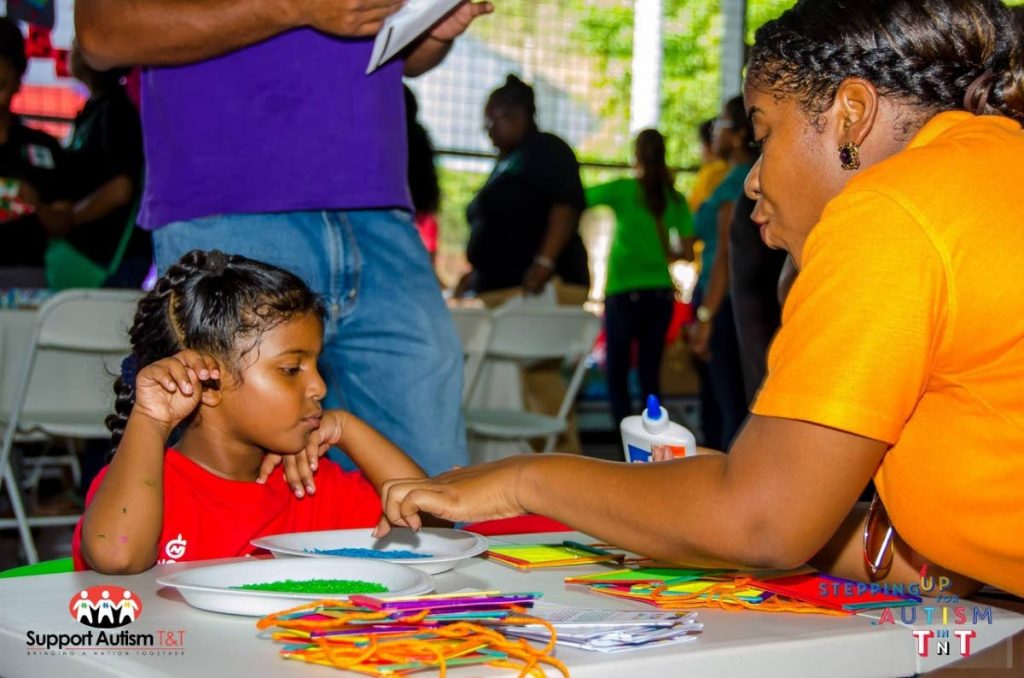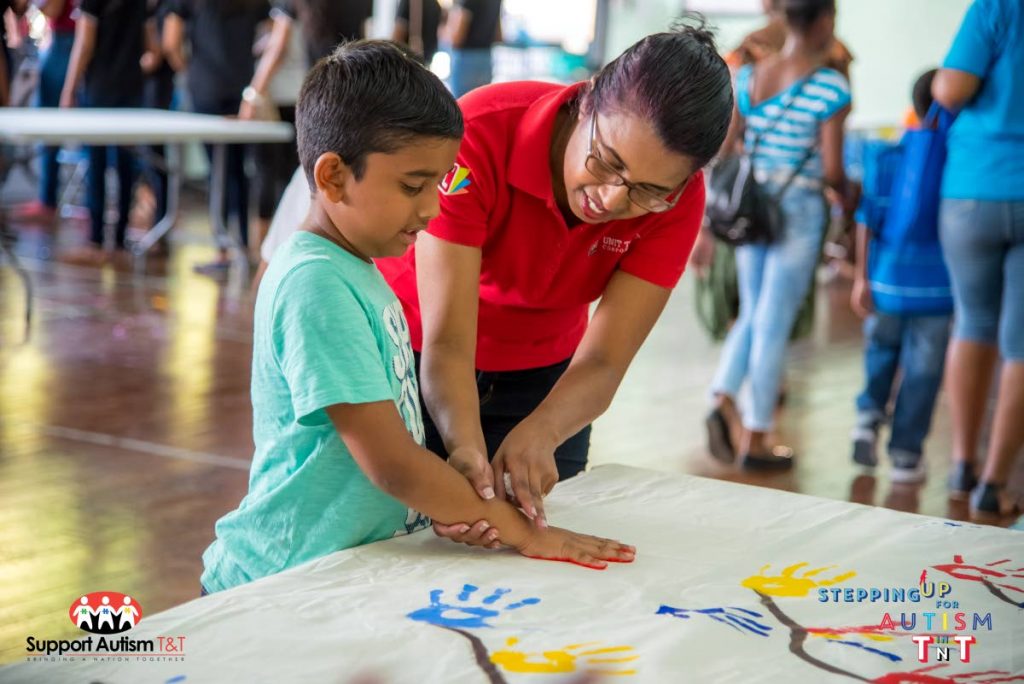Autism as a business in Trinidad and Tobago

DR RADICA MAHASE
A study in the journal JAMA Paediatrics, published by the American Medical Association, said the total lifetime cost of supporting an individual with autism spectrum disorder at US$1.4 million in the US ($2.4 million if the individual also has an intellectual disability). Another study estimated that it cost about $60,000 annually to care for someone on the spectrum – that is about TT$407,000. Given that the US has more equal access to special needs education and therapy, one can assume that the cost in Trinidad and Tobago will be even higher.
Why is it so expensive to care for an individual on the autism spectrum in TT? The biggest expenses in TT are diagnosis, therapy and the cost of education. While a child can be diagnosed with the public health care system, the waiting period for a diagnosis ranges from five to 18 months. More recently, parents and caregivers have had to pay privately to get their children diagnosed, because when they visit the paediatric clinics their children are not seen by a development paediatrician.
One parent noted, “I waited 13 months to get an appointment at the paediatrics clinic at Mt Hope hospital and the doctor said nothing was wrong with my child. My child is three years old, doesn’t speak, and walks on his toes and bangs his head on the floor. I told the doctor all this and he said nothing was wrong with my child. I asked if I could see the paediatrician who specialises in child development and he said you only see that doctor when something is wrong with the child. So, I had to make an appointment to take my child to a development paediatrician and that cost me $1,500.”
After diagnosis, parents and caregivers spend a large chunk of their income on various therapy services, depending on the child’s needs. Speech, occupational and development therapy is available privately at a cost ranging from $200 to $450 for a session. Sessions ranges from 30 minutes to one hour depending on the therapist. There are no measures in place to regulate the cost of therapy or to monitor therapists. While various therapists have their individual associations, these are run by their colleagues, with no independent monitoring and evaluation procedures in place.

In recent times, the cost of therapy has not only increased, more restrictive measures have been implemented. One parent stated, “I paid $2,000 for an assessment by the speech therapist and another $500 for a written report. The therapist said I had to sign a contract for my son to do a minimum of ten sessions with her. A session was 45 minutes and cost $350. The contract stated that we had to pay for the sessions even if we cancelled before. I found that was unfair because if I cancelled a session a few days before, because my son is not feeling well, the therapist could still fit in someone else and make her money for that session.”
The cost of educating a child on the spectrum is ridiculously high in TT. Recently, one parent asked for help to enrol her child in a school. She had applied to three primary schools in her educational district but the child was not accepted by any. Two of the schools told her that they did not have teachers trained in special needs education, the other did not give a reason.
In cases like this or in cases where parents recognise that their children would be at a disadvantage in the public school system, parents have to source private schools for their children at a cost that ranges from $4,000 to $10,000 per term. The cost of a private tutor, even those who are not fully qualified, ranges from $50 to $200 per session (a session is usually an hour). In the past few years, ‘special schools’ have been popping up all over TT as educators recognise that there is a market for specialised education.
Autism has become a viable business in TT mainly because of inadequate government intervention at a national level. If inclusive education was a reality within the public school system; if therapy was accessible within the education and/or public health care system; and if the health care improved its system for diagnosis, the cost would be decreased considerably. Until then, autism would continue to be a thriving business in this country and parents and caregivers from lower income brackets will continue to struggle to meet the needs of their special needs children.
Radica Mahase is the founder and director of Support Autism T&T

Comments
"Autism as a business in Trinidad and Tobago"